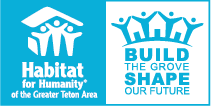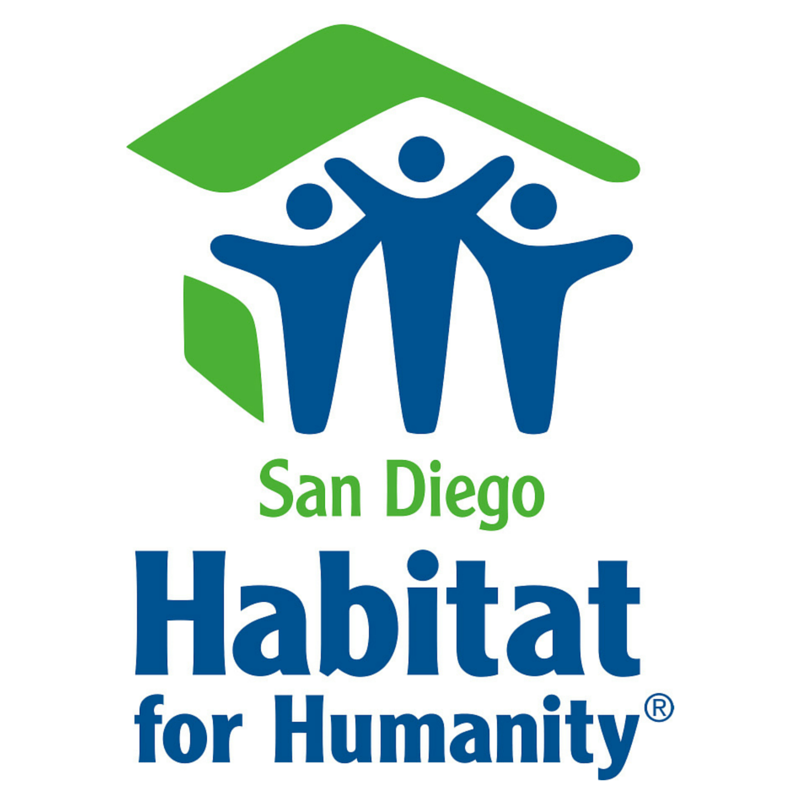|
Habitat for Humanity of the Greater Teton Area
The Challenge: Habitat for Humanity of the Greater Teton Area was awarded a 24-home project by Teton Town and County to build Phase 3 of The Grove. While the land and some of the infrastructure was donated for the project, Habitat Teton still needed to raise approximately $4 million to fund the construction of the homes. In addition to the capital costs, the organization needed to fundraise $2 million to expand their annual fund to support increased operations and create a home repurchase fund. The topic of “affordable housing” and this specific housing project has been very controversial in the small town of Jackson Hole, WY and the major donors who could support “affordable housing” also oppose the way Habitat is addressing the issue. The Solution: Renee Fitzgerald conducted a feasibility study to determine if Teton Habitat could raise the money through philanthropic efforts. Through this process, she was able to successfully identify new donors and fundraising strategies. After the study, Renee continued her work by providing campaign management services that included one-on-one coaching and training of the new staff and board members on how to successfully identify, research, cultivate, solicit, and steward campaign donors. The Outcome: The groundbreaking ceremony was hosted on June 13, 2017 with local officials and Habitat Teton Board and donors in attendance. Lead gifts of $1 million were made by local philanthropists, the Board of Directors all made significant pledges, and the project attracted national support from Wells Fargo and received a Priority Market Grant of $405,000. By the Summer of 2021, Habitat had successfully raised $6 million and completed construction of homes for 24 local families. “The feasibility study opened doors to conversations with donors who might not otherwise have met with us to talk about the campaign. It was also very helpful to know that many people interviewed self-identified as donors. And it also gave us information on support for a comprehensive campaign and we learned that people didn’t object to a (rather large) increase in our reserve funds.”
“The most valuable outcome of the feasibility for me was understanding donor’s and the public perception of our organization’s image –which was widely positive. And learning donor’s views on our ability to accomplish our goals was the most beneficial to me.”
|
|
Habitat for Humanity San Diego
The Challenge: There are more than 400,000 veterans and active-duty military in San Diego, and many lack decent, affordable housing. San Diego Habitat for Humanity’s vision is to eliminate substandard housing in San Diego County through homeownership opportunities for hard working, low-income families. Homeownership through the Habitat model provides the transformative change necessary for families to become stronger and self-reliant so that they can focus on their health, career, and family needs. The Solution: In October 2015, Habitat engaged Fitz Nonprofit Consulting to test if they could raise $6.7 million to build a 26-home community for veterans in Poway. Habitat’s current and potential donors as well as board members and community members were engaged to give confidential feedback about the project through one-on-one interviews conducted by Renee Fitzgerald. The Outcome: The information gathered helped Habitat identify the objectives that best resonated with their potential campaign donors as well as how much they could fundraise. The Feasibility Study Report revealed that Habitat San Diego would be able to raise $8 million – covering the full cost of the project! “Renee jumped in and was quickly able to grasp our mission and model. She kept our team on track to meet deadlines, and her analysis enabled us to develop a plan that boosted confidence among board and staff. We had hoped that homeownership for veteran families would be a much more appealing case to donors and that assumption was proven true by almost every single person interviewed. And the data collected indicated that we could actually raise significantly more funds for the veteran community than we could for the new headquarters.”
|


